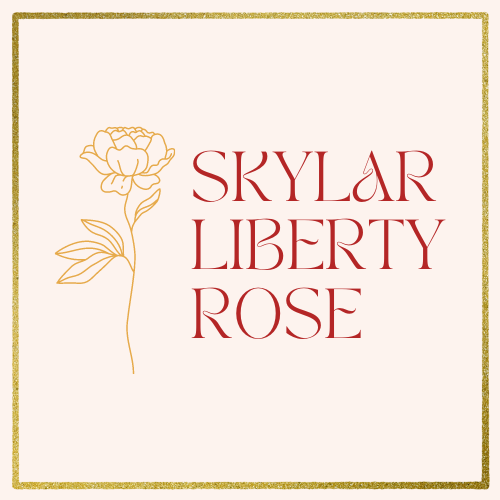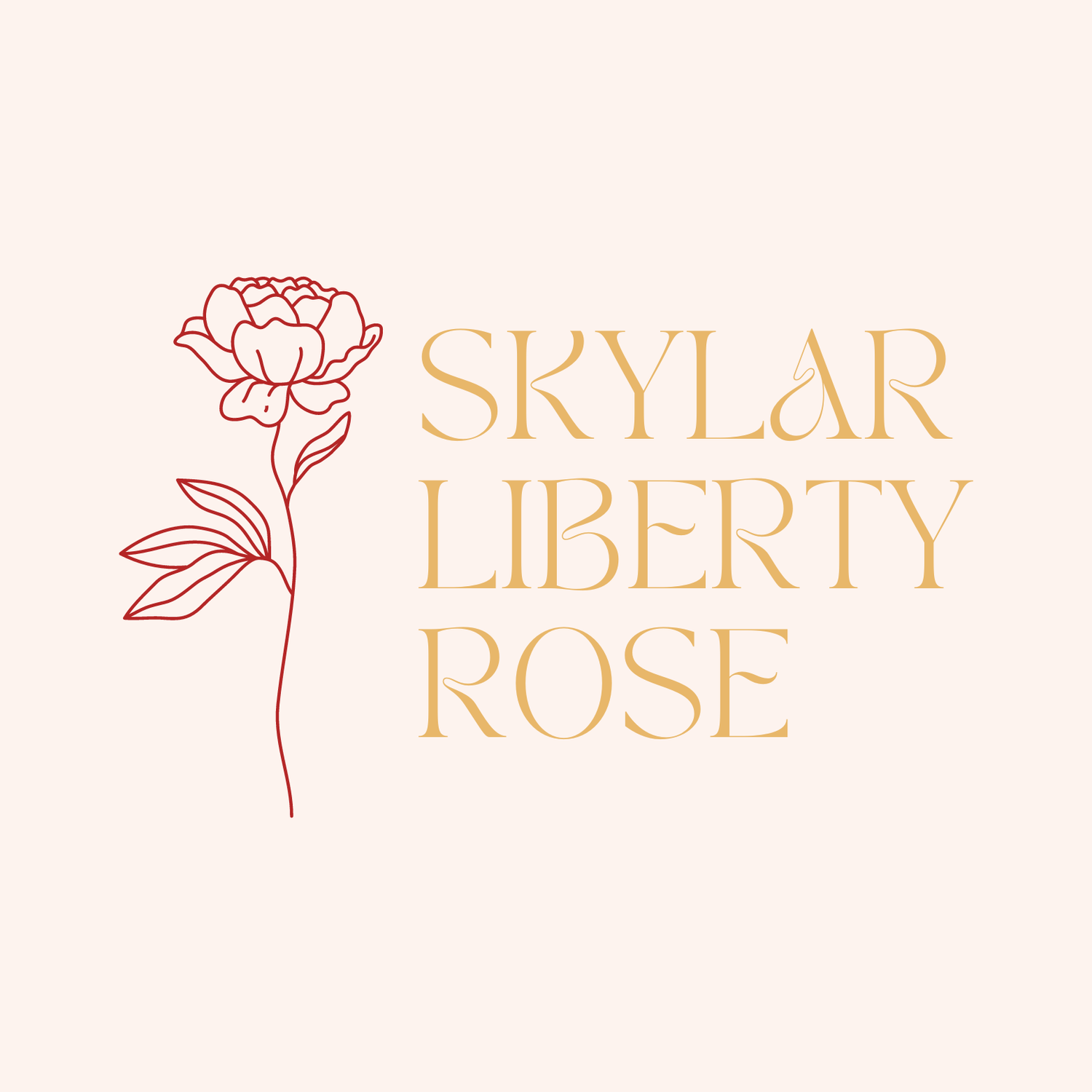What’s Really Beneath Our Obsession with Anti-Aging?
I recently had to visit a website for some supplements I needed and the first thing I saw on the homepage was a promotion for anti-aging. More specifically, a promotion for ANTI-AGING, because that part of the headline was literally in caps.
We’ve become so accustomed to the marketing world impressing upon us at every opportunity that beauty ideals are based on young, smooth and firm bodies (not to mention thin, white and able) we rarely stop to acknowledge the specific language that supports their statements.
The definition of the word anti is: “opposed to; against.”
As a 46 year old woman, I am supposed to be opposed to my own aging process. Against my own skin. I am supposed to find the natural changes in my body so objectionable that I prioritize minimizing or erasing them, often at great expense. I am supposed to constantly strive to perfect my appearance according to an unattainable and unrealistic set of standards.
It is also worth noting that the pressure to retain youth stems from the same warped societal ideals that tell us we're failing if we don’t love the skin we're in. Which is it?
Cara Delevingne was 25 when Dior chose her to be the face of its Capture Youth line. Their target audience was women in their thirties. Quite apart from the fact that a younger woman was used to promote the benefits of an "age-delay" range, this highlights how soon the pressure for women to appear younger than we actually are really begins.
As Susan Sontag wrote in her essay, The Double Standard of Aging, “What now amounts to the latter two-thirds of everyone’s life is shadowed by a poignant apprehension of unremitting loss.” The essay was written in 1972, but given that over the past 30 years women have been living longer, it's probably fair to say that Santog's estimation would now be higher than two-thirds.
"Our target market is anyone over 20" says Detlef R. Fuhrmann, president and CEO of Immupure LLC. "You have to start protecting and preserving the skin early in order for it to look and stay healthy".
A booming anti-aging culture is dependent on us feeling highly uncomfortable with the aging process, much less able to embrace it. The success and profitability of the companies that benefit from this culture are directly linked to our insecurities and desire to turn back a clock that will tick away regardless. This is a culture that asks us to conflate health with youth and sells us the idea that aging and wellness cannot co-exist.
I view aging as a privilege. One that is denied to many. Still, I feel compelled to smooth and soften evidence of life from my body. I struggle to see my skin slackening and I've experienced moments of horror to discover a new crepe-like texture appearing on the sides of my thighs and the tops of my arms. The skin below my jawline no longer has any elasticity and hangs loose.
But the reality of aging is still something we’re reluctant to talk about. Certainly not openly. Not unless it’s collecting tips and tricks on how to spend our way out of avoiding the inevitable. Our futile attempts to secure a different outcome is a battle we enter almost willingly, despite the obvious defeat that is escapable only by death. It’s simple; we live, we age.
Part of our reluctance to feel at ease with aging can be attributed to the fact that we see very little representation of older women. Hollywood repeatedly pairs male co-stars with women twenty years (or more) their junior. Roles for older women are more scarce than those for men, and when they are available they usually come with less dialogue. Magazines and media reinforce the idea that, for women especially, to age is to fail. No wonder we’re struggling.
In a study of 2,000 women over the age of 45, more than half admitted to feeling they've been "left on the shelf" and have been "judged negatively" because of their age. Six in ten feel that life is geared toward young women and 46 percent think that no one understands or addresses what aging and older women go through.
There are 9.9 million posts on Instagram using the #antiaging hashtag. There’s 769k for #aging. Meanwhile, #menopause only racks up 539k posts. This is just a social media snapshot, but it’s indicative of what we value and how we prioritize. Preventing aging is treated with an ever-increasing sense of urgency. Supporting and normalizing the reality of aging is not.
I once received a comment from a woman in response to an article I had published around five years ago. The article was all about embracing who we are, warts and all, and the importance of loving our bodies. I meant every word at the time but cringe a little bit now at how trite it all was. The woman shared with me how unhappy she was when she looked at herself in the mirror. She’d spent forty-plus years feeling great and then her fifties hit and she didn’t feel attractive anymore.
My advice to her was a thoughtless regurgitation of what I’d written in the article. How she should stay in a positive place and feel gratitude for this new phase in her life. What I didn’t do was listen. I didn’t pause to consider how her experience was not one I could yet relate to. At least, not yet.
And now my hair is thinning and my hormones are unpredictable. My eyesight has worsened considerably. My libido is largely absent. I'm in a body that’s shifting and changing and nowhere near as familiar as it used to be.
As I get closer to 50, I'm faced with the unattractive prospect of being deemed invisible and irrelevant, ironically at the very same time that I'm feeling more confident and self-assured than ever before in the ways I use my voice and contribute to society.
In a world that asks me to reject myself, multiple times, before I’ve even stepped foot outside the door each morning, there is comfort, and discomfort, in making some kind of peace with the very part of the aging process that the beauty industry works tirelessly to ensure is unavailable to me; acceptance.


